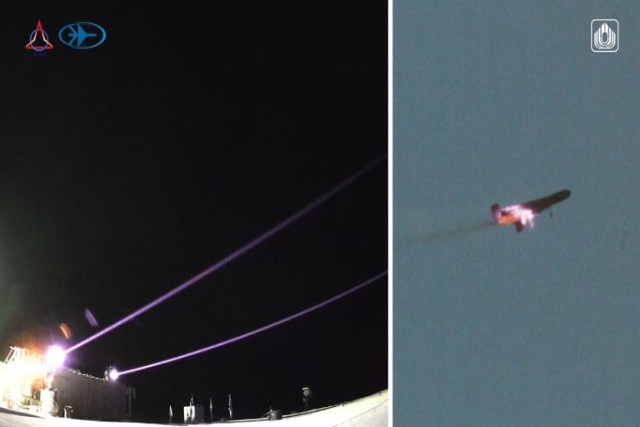Roadblocks Hinder 'Make in India' in Defense Sector

Offset policy, delay in procurement process and over-regulated Defense procurement policy (DPP) and many other issues have hindered make in India program.
Talking during a panel discussion on 'Make in India' energizing A&D manufacturing sector as part of the Aerospace and Defense Summit (ADMS-2015) in Bangalore on Saturday, Rajeev Sikka, CEO Sika Interplant systems said, “Make in India initiative requires a lot of unlearning as we have always had a non-regulatory environment in the defense sector so far.
“We keep hearing Defense Acquisition Council (DAC) approving projects but for the actual orders to come, it takes over 4 years. The time in processing from tender to actual realization should be reduced.” Rajeev recommended reforms in taxation, regulatory orders, entrepreneurship in defense sector and certification issues in defense procurement."
According to Sikka, the DPP is complicated and over-regulated. It has to be simplified to improve procurement. The Indian government has to move away from ‘secrecy’ as most of the information is already there in the public domain and it hinders normal business.
There is a strong necessity in building ecosystems for entrepreneurship. Indian aerospace companies face challenges in certification as they have to get certified from two regulatory bodies, one for civil aviation and the second for defense. It is costlier and our certification is not accredited around the globe, he said.
Naresh Palta, CEO, Aerospace and Defense, Maini Group during the panel discussion said, the core issue is about sustainability among the companies given the long gestation period for actual orders to take place. It takes a minimum of 100 crores to set-up business in Defense and Aerospace and staying invested for a decade or so can see real results.
Palta said, “It is high-time that the Indian government or the state governments have started seed investments in this sector. They should do these investments for a minimum of 10-15 years to bring in Return on Investment (RoI).” He recommended building industry clusters at one place rather than dispersed locations as it does not create synergy and do not make a good business case for private sector.
He said, “There is no point in having directed offsets for miniscule number of orders such as in single or double digit orders of aircraft. The government has to do away with it. Direct offsets has to be for larger number of procurement."











